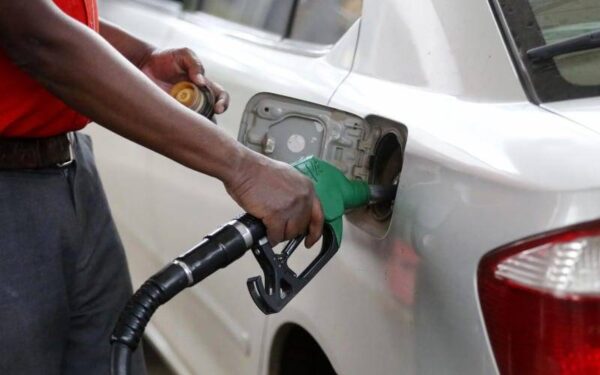The Energy and Petroleum Regulatory Authority (EPRA) has announced a significant increase in fuel prices in its latest review, with costs surpassing KES 200 per litre for the first time.
The new prices, effective from today January 15 to February 14, 2025, are set to impact households, businesses, and the economy at large.
Revised Prices
In Nairobi, the new fuel prices per litre are as follows:
- Super Petrol: KES 211.64 (an increase of KES 16.96)
- Diesel: KES 201.00 (an increase of KES 21.32)
- Kerosene: KES 202.13 (an increase of KES 33.13)
The adjustments mark one of the steepest hikes in recent times, sparking concerns among consumers already grappling with high living costs.
Reasons for the Hike
EPRA attributes the surge in prices to two key factors:
- Rising International Oil Prices: Global crude oil prices have seen an uptick due to supply chain constraints and increased demand in key markets.
- Exchange Rate Fluctuations: The weakening Kenyan shilling has further inflated the landed cost of imported fuel.
Impact on the Economy
The price hike is expected to have a ripple effect across various sectors:
- Transportation Costs: Higher fuel costs will likely lead to increased fares for public and private transport, burdening commuters.
- Manufacturing and Logistics: The cost of production and goods transportation is set to rise, potentially increasing prices for essential commodities.
- Household Budgets: Kerosene, commonly used by low-income households for cooking and lighting, has seen the steepest increase, exacerbating economic strain.
Public Reaction
Kenyans have expressed frustration over the price hike, with many taking to social media to voice their concerns. Consumer groups have called for government intervention, urging measures to cushion citizens from the financial impact.
Government Response
The government has yet to announce any subsidies or relief measures to mitigate the effects of the price increase. Analysts predict that the situation could escalate inflation rates, calling for strategic interventions to stabilize the economy.
Looking Ahead
As fuel prices continue to climb, experts recommend adopting long-term strategies to reduce dependence on imported oil, such as investing in renewable energy and improving local fuel production capabilities. Meanwhile, citizens and businesses are bracing for the economic ripple effects that the latest EPRA review will bring.
Stay tuned for updates on how this development unfolds and its implications for various sectors of the economy.
Also Read
Ethiopia Launches First Stock Exchange: A Historic Step in Economic Liberalization
Zimbabwe’s Currency Crisis Deepens: A Nation at a Crossroads
